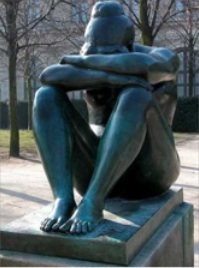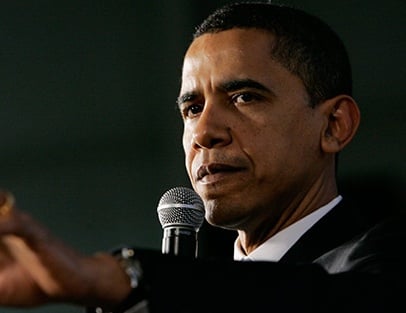 We begin a new “friday is for friends” series next week, but today we introduce the theme: happiness. I encourage you to purchase and read David Naugle‘s newest book, Reordered Love, Reordered Lives: Learning the Deep Meaning of Happiness
We begin a new “friday is for friends” series next week, but today we introduce the theme: happiness. I encourage you to purchase and read David Naugle‘s newest book, Reordered Love, Reordered Lives: Learning the Deep Meaning of Happiness
, if you want to enter more completely into this series.
The theme of happiness interests me, and so does this new book by Naugle, someone known for his book on Worldview (Worldview: The History of a Concept
). This new book on happiness should provide for us a couple of months of conversation. (There is even more discussion of Naugle’s book at his own website: www.reorderedlove.com.)
 Naugle begins by discussing the broken heart, and he uses Aristide Maillol’s famous sculpture, La Nuit. “We too,” Naugle observes, “may consider our troubles as vast as the sea, as great as a galaxy.” Maybe she’s asking, “Whatever happened to my hope for a happy life?” Or, “What is happiness, anyway? Is the search for it fruitless?” Then Naugle quotes The Preacher:
Naugle begins by discussing the broken heart, and he uses Aristide Maillol’s famous sculpture, La Nuit. “We too,” Naugle observes, “may consider our troubles as vast as the sea, as great as a galaxy.” Maybe she’s asking, “Whatever happened to my hope for a happy life?” Or, “What is happiness, anyway? Is the search for it fruitless?” Then Naugle quotes The Preacher:
“So I congratulated the dead who are already dead more than the living who are still living. But better off than both of them is the one who has never existed, who has never seen the evil activity that is done under the sun” (Eccl. 4:2-3).
Yet, and this is the point Naugle is leading to, we remain hopeful, we yearn for better times and brighter days. Yes, we think we will be happy someday.
I agree with Naugle: “The components of our nature are fixed, and our compelling needs are unyielding.”
Now the question of the day: What do you think of this statement by Naugle? “If we pay attention to our own lives and observe the lives of others, we will soon discern that a a desire for happiness of one kind or another is the conscious, subconscious, or unconscious motivation for just about everything we do” (4).
Do you agree? What explains this inner yearning for what is happy? How much does this factor into our theology and our practice?

